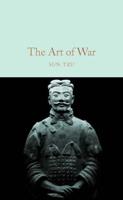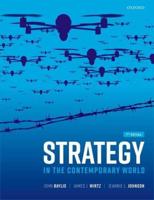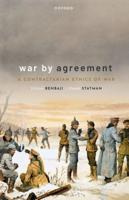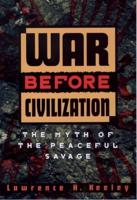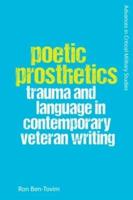Publisher's Synopsis
This book examines the extent to which Russia's strategic behavior is the product of its imperial strategic culture and Putin's own operational code.
The work argues that, by conflating personalistic regime survival with national security, Putin ensures that contemporary Russian national interest, as expressed through strategic behavior, is the synthesis of a peculiar troika: a long-standing imperial strategic culture, rooted in a partially imagined past; the operational code of a counter-intelligence president and decision-making elite; and the realities of Russia as a hybrid state. The book first examines the role of structure and agency in shaping contemporary Russian strategic behavior. It then provides a conceptual understanding of strategic culture, and applies this to Tsarist and Soviet historical developments. The book's analysis of the operational code, however, demonstrates that Putinism is more than the sum of the past. At the end, the book assesses Putin's statecraft and stress-tests our assumptions about the exercise of contemporary power in Russia and the structure of Putin's agency.
This book will be of interest to students of Russian politics and foreign policy, strategic studies and international relations.


